The Truth About Culture Shock and Why I Love It
My first month after moving to China was not a blissful honeymoon. It was a month of confusion, nerves, and stress – the good kind and the bad – peppered with lots of fun. (Like the mouth-numbing peppercorns in nearly every dish here – surprising, not entirely comfortable, but intriguing.)
The amount of work that went into that first month as an expat made it one of the most rewarding times in my memory. So in a sense, maybe it was some sort of honeymoon.
The Truth About the Honeymoon Phase
According to everyone who has ever warned me about culture shock, after the first month of living in a new place everything goes downhill for a while. The newness stops being a good thing. Life becomes tedious without the comforts of home.
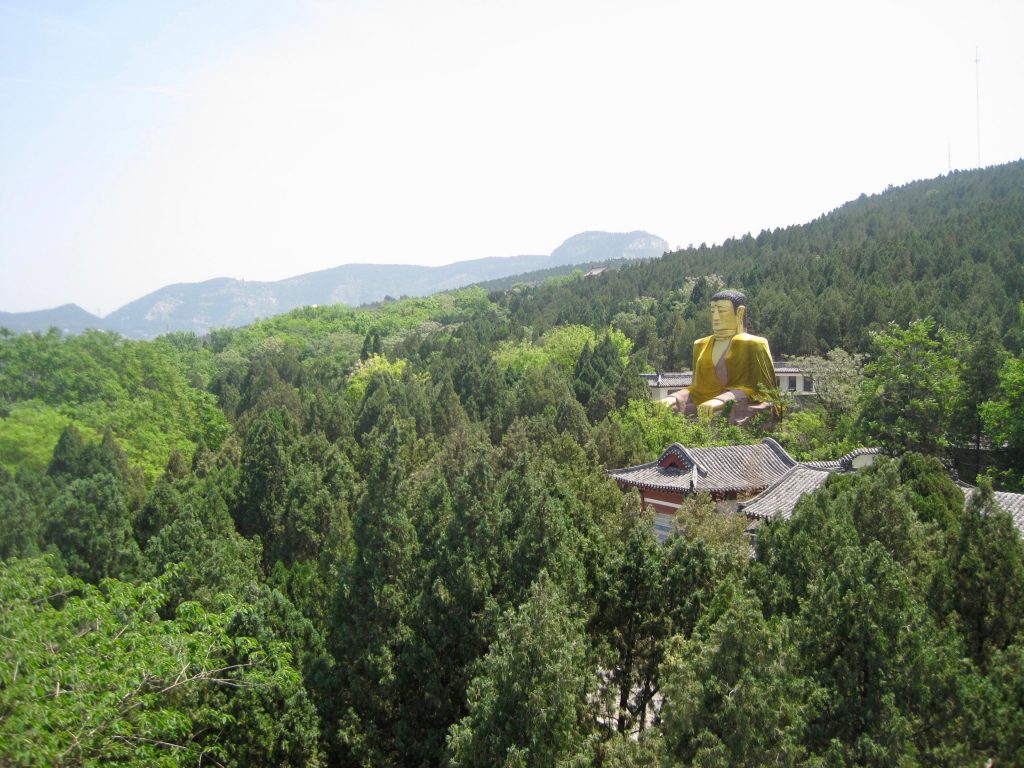
But for me, at least here in China, the second-month blues had almost nothing to do with missing home, and everything to do with life getting easier – and therefore a little boring.
Nothing compares to the triumph of going from lost, illiterate, and helpless, to essentially settled into life. And that’s basically what I’ve done in the past two and half months in China.
I can now run my university classroom, even without the luxury of a curriculum. I can go grocery shopping, order take-out from the western Chinese “Muslim noodle” place by my apartment.
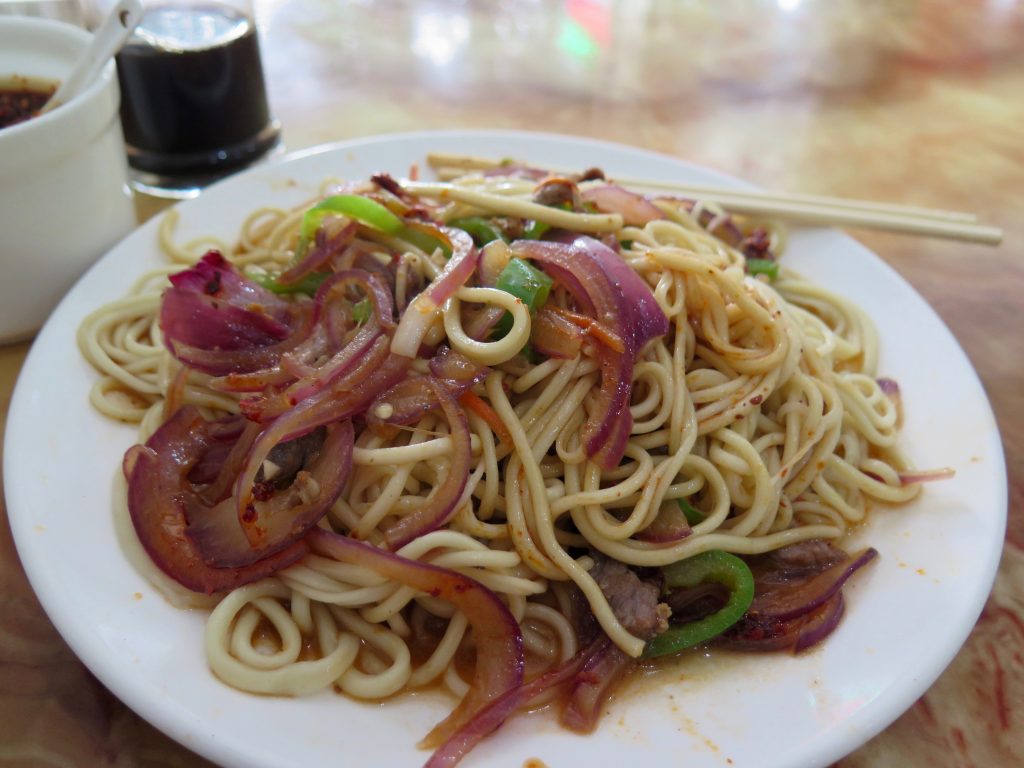
I can buy a multitude of foods on the street with reasonable certainty that I know what I’ll be getting. I take buses and cabs to a dozen different places around the city to meet friends or go to capoeira class. (I’ve started training in a Brazilian martial art!) In short, I get through every day almost as if I knew what I was doing in this country.
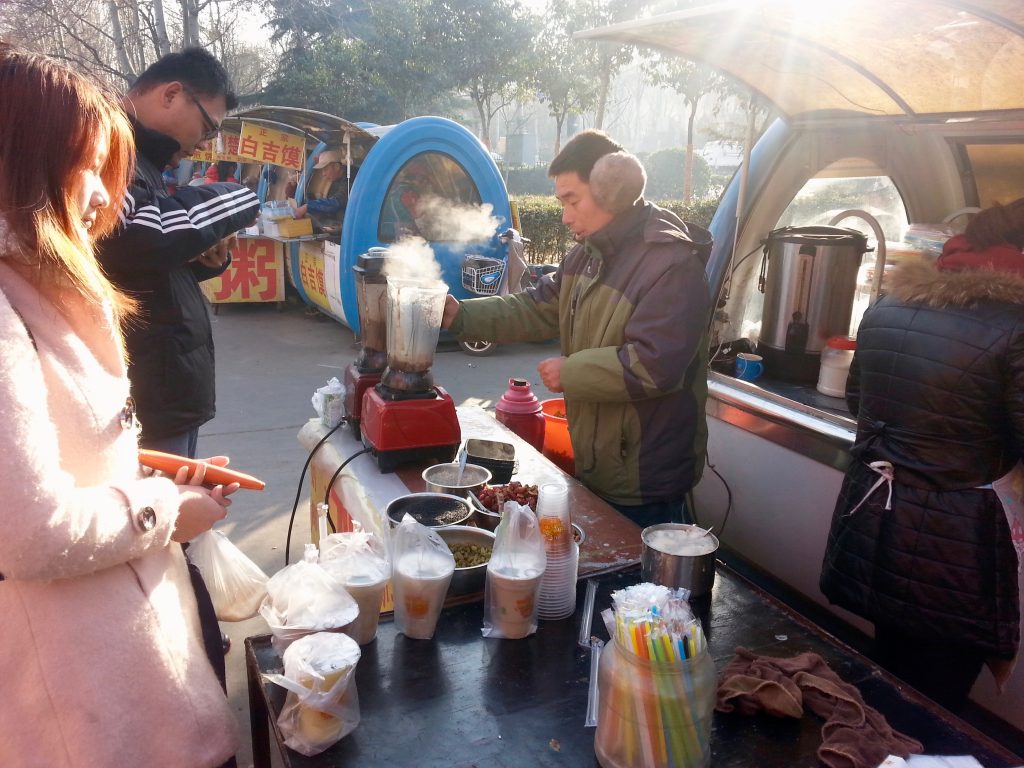
Most of that change happened in just one month – because it was sink or swim. And it makes it hard for the smaller victories of Month Two to compare, or give me the same hit of adrenaline.
After getting really used to life being difficult and confusing every day, it’s not so entertaining when nothing is a struggle. Call me crazy (or maybe a masochist), but easy just isn’t much fun.
Culture Shock & Burnout
Combine all that intensity with the predictable burn-out phase of the semester schedule, and it makes sense why the end of Month Two is not the most exciting time on the culture shock curve.
This week, I taught my sophomore students the term “burnout:”
“You know, when you’re sick of school, and you’re tired and bored, and you kind of hate everything, and you just want it all to stop so you can take a nap, but IT NEVER DOES … it’s called being ‘burnt out.‘”
Eyes widened. Heads nodded. Smiles appeared on sleepy faces. Some concepts transcend cultures.
Then I talked to them about Halloween clichés (sexy mouse costumes à la Mean Girls; the level of drunkenness achieved at Halloween parties), and the U.S. political system (happy belated Election Day!) and the culture gap widened again.
As my students – and anyone who’s ever tried to learn a language – can attest, some days are better than others. (I can attest to it, too.)
Even if I weren’t dealing with culture shock on the semester system, the burnout phase would be there. It’s when all those things that were difficult and exciting challenges last month are now just… slightly less difficult. But still a pain in the ass.
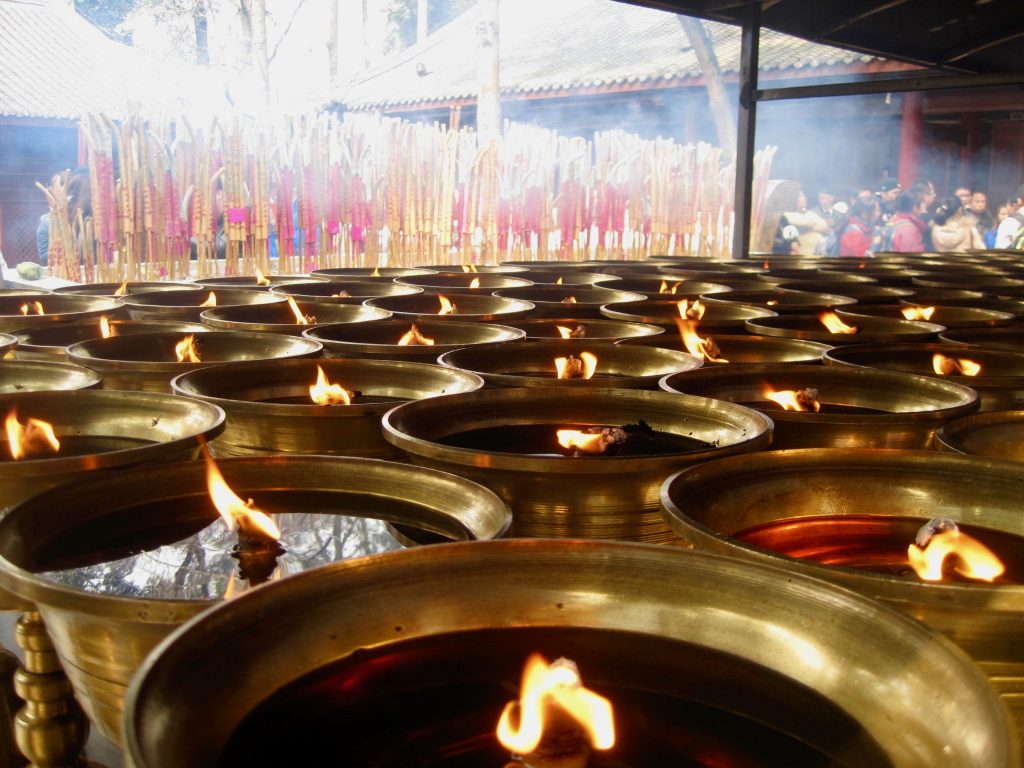
Adjustment… Or Something Like It
Adjusting to China itself is similar to learning a whole new language. It’s a long process of fighting my way out of the fog. There are victories along the way that I’m sometimes reluctant to admit celebrating for how minuscule they are. But if I didn’t appreciate those moments, I wouldn’t be able to keep up the fight.
For example, when a cabbie drops me off on a different block than I’m expecting and yet I still know where to go. And every time I handle an interaction, however brief, in Mandarin, I get so excited and proud of myself I want to high-five strangers.
Maybe I won’t want to stick around here anymore when it feels easier. And maybe I shouldn’t. After all, long-term travel isn’t worth the hassle if you don’t enjoy the struggles and appreciate the small victories. When it comes to keeping the boredom away at least, I’m happy to have both.
How I Deal with Culture Shock:
Especially in the pure-confusion phase, I find it’s really helpful to dive into books that help me make some sense of a new culture. Right now, I’m finding the book Oracle Bones: A Journey Through Time in China, by Peter Hessler, to be really helpful in that regard. It’s a wide-ranging overview of Chinese history, and the aspects of the culture and politics makes it the way it is today, written by a journalist who lived here for years. (The link above is an Amazon affiliate link. You can also buy Oracle Bones here, on Bookshop – a platform that lets you buy books online while supporting local, independent bookstores.)
And if you happen to be dealing with the same thing in France, I cannot recommend this book highly enough. (It’s called Sixty Million Frenchmen Can’t Be Wrong. You can also get it on Bookshop here.)
Both the Amazon and Bookshop links are affiliate links, which means if you buy anything through them, I will likely make a commission – but at no extra cost to you! (Amazon and Bookshop just give me a small cut of the sale.) So if you do want to buy a book, thank you in advance for your support! For more info, here’s my detailed privacy policy.
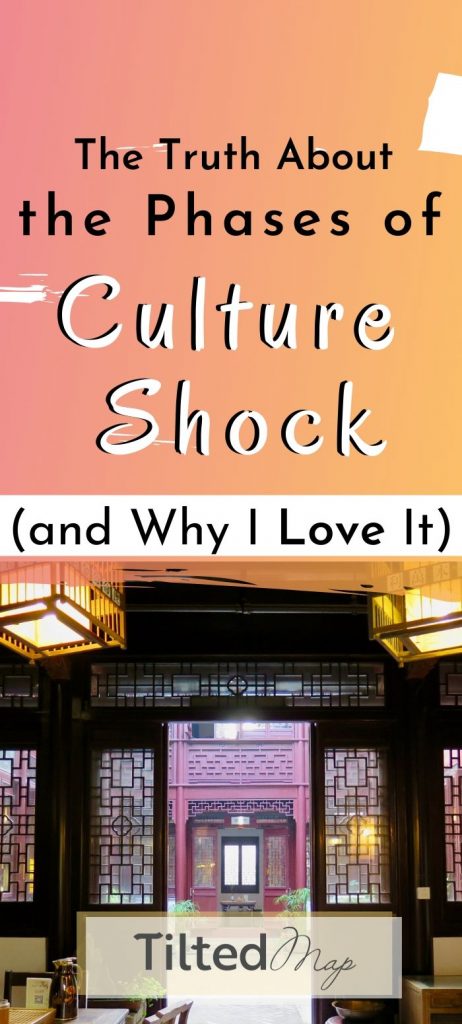

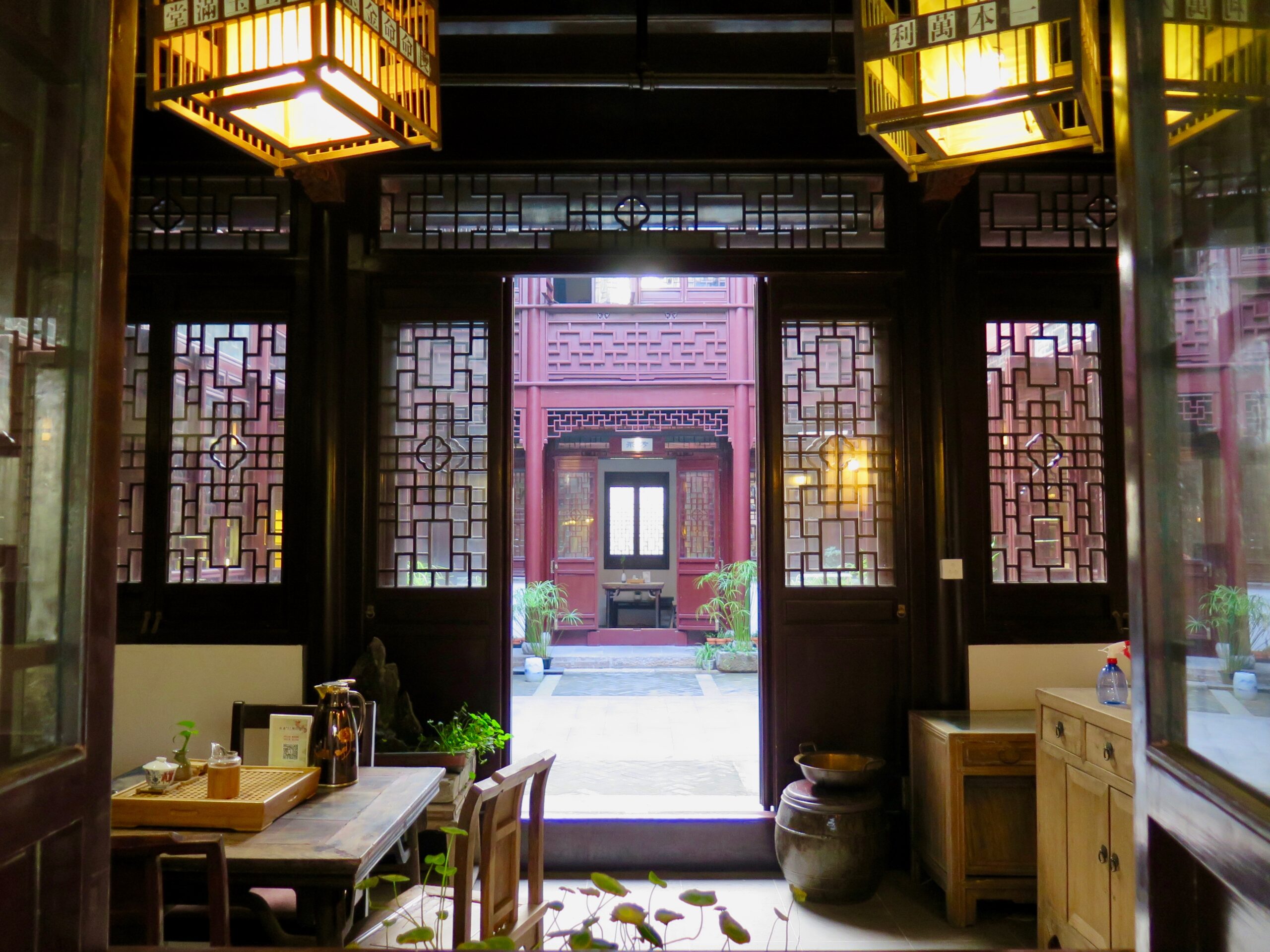
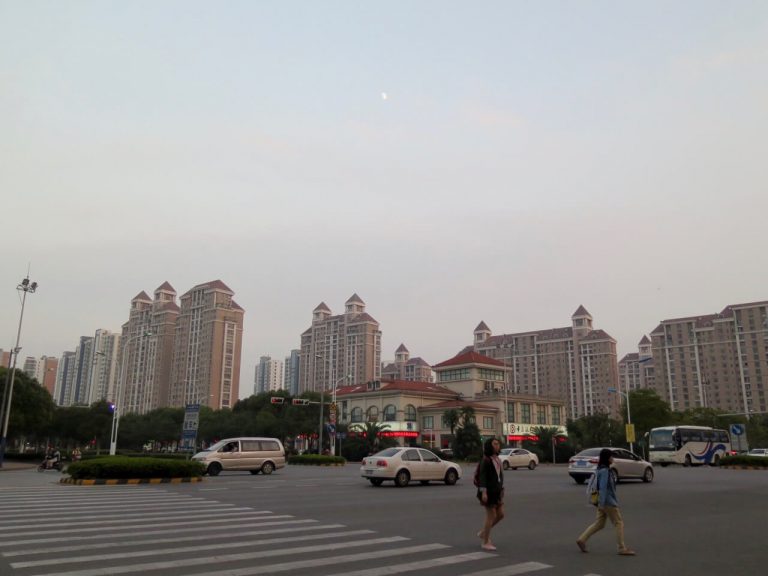
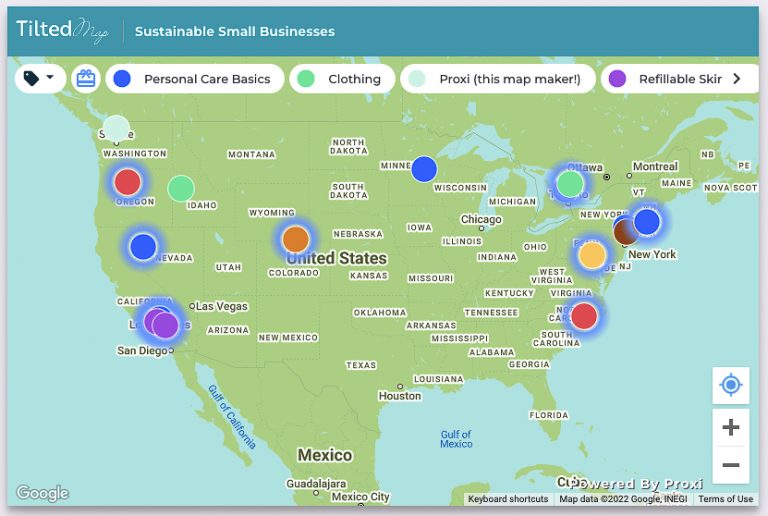


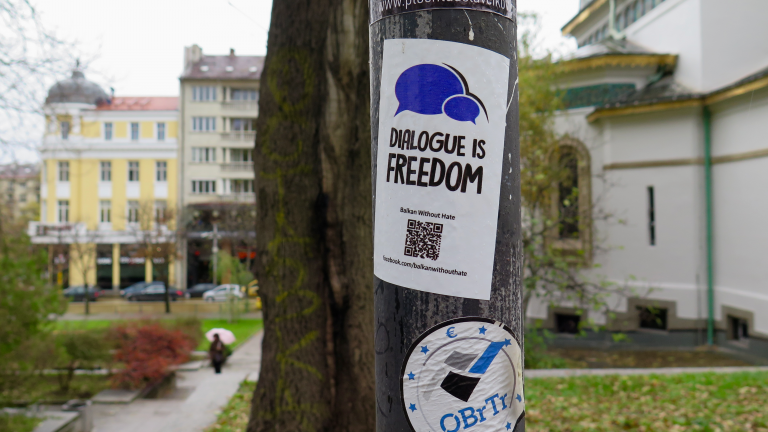
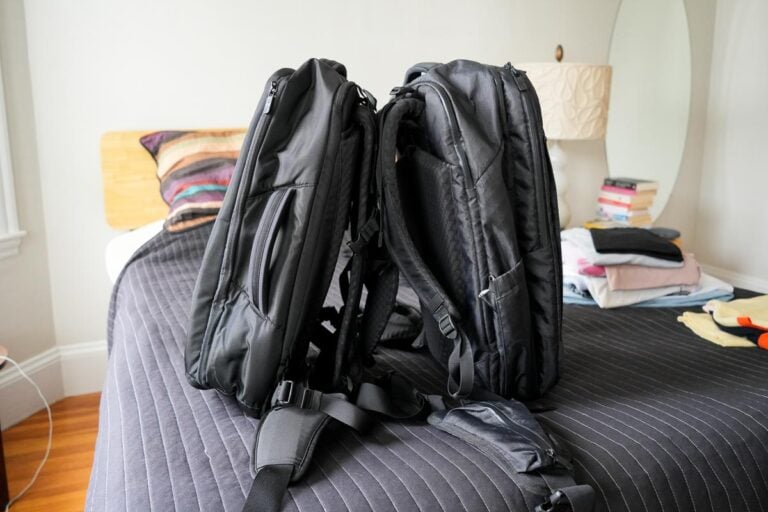
Nice blog mate! Thanks for posting!